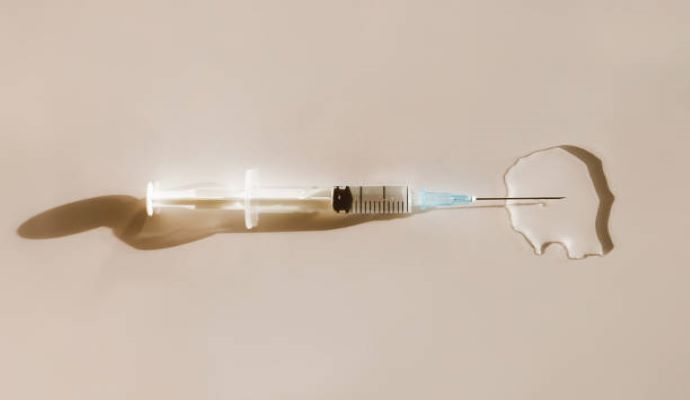WHO Updates HPV Vaccine Guidelines: Shift Toward Single Dose Series
A recent article published by the WHO updated information on HPV vaccine guidelines, explaining that a single-dose series could protect against cervical cancer.

Source: Getty Images
- Following the WHO Strategic Advisory Group of Experts on Immunization (SAGE) earlier this year, the organization released an article updating its human papillomavirus (HPV) vaccine guidelines after data revealed that a single-dose series could prevent cervical cancer.
HPV refers to a large class of viral infections. According to the National Cancer Institute (NCI), two categories of HPV can be transmitted sexually: low-risk HPV and high-risk HPV. Low-risk HPV is not significantly associated with illness but may be characterized by warts or rashes near the genitals, anus, mouth, or throat. Conversely, high-risk HPV is not quickly resolved and is linked to multiple cancers.
The NCI estimates that 36,000 new cancer cases annually in the United States are linked to an HPV infection.
With the dangerous and potentially fatal impacts of HPV, researchers have developed a vaccine series that protects against this infectious disease. According to the CDC, there are three types of HPV vaccines available in the US.
Previous US government recommendations have suggested that the ideal vaccination protocol for a healthy child is a single two-dose series given 6–12 months apart between 11 and 12 years old. While that is ideal, anyone between 9 and 26 can get vaccinated. Those over 15 or with a compromised immune system should be given a three-dose series.
However, after the SAGE conference, the WHO has updated its recommendation to include the following:
- One to two doses for those between 9 and 20
- Two doses within 6 months for those over 25
According to the announcement, HPV vaccine coverage fell 10% between 2019 and 2021. These new recommendations attempt to facilitate higher vaccination rates across all nations. Based on suggestions from ongoing studies, a single dose of the HPV vaccine could protect individuals against HOV for up to three years.
As the rate of STIs rises, vaccination will become a critical tool for preventing infection and subsequent cancer development.
